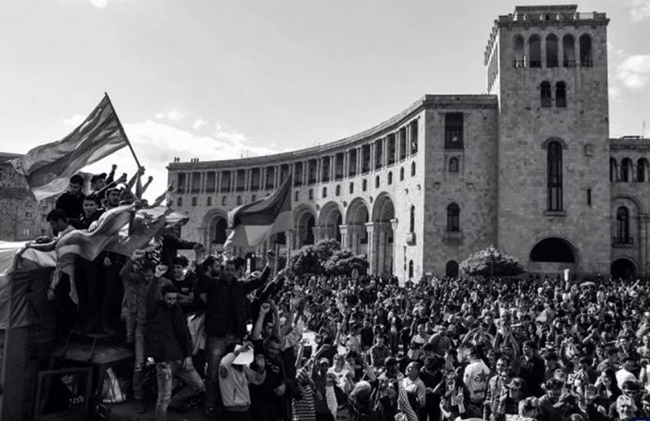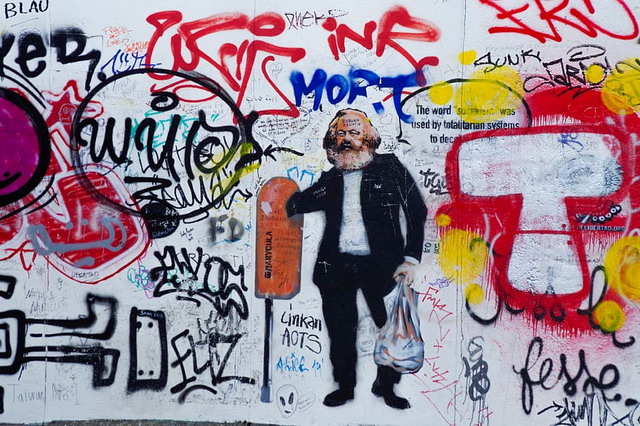I don’t know about you, but I don’t believe that what prominent German thinker Karl Marx wrote in the 19th century was completely ridiculous.
In particular, the idea of productive forces and relations of production still makes sense today. The latter (that is, the relations of production, or in a broad sense, the form of the economy, the organization of society) must correspond to the former, the productive forces or, in a broad sense, the content of the economy. If it does not correspond, then there is an explosion, a revolution.
I think that judgment also applies to our recent revolution. What was the way the economy was organized in 2018? In addition to trade and state (or “semi-state” institutions like Gazprom and Eltsants), which fully fit into that model of relations, there were also sprouts of a new economy, primarily in the IT and “affiliated” sectors. Thousands of young people received a normal “white” income, and their activities did not depend in any way on the goodwill of the government.
These people did not want to live in the conditions of “post-Soviet” cave relations; these habits hindered the development of the country. That, in my opinion, was one of the main reasons for the 2018 revolution. Of course, the interest of certain external forces, the charisma of the revolutionary leader, the fact that he cleverly used the hatred accumulated among the citizens, etc. could have also played a role. But these, in my opinion, were additional, not key factors.
Read also
What do we have now? The active mass of the revolution is disappointed,and it has left the political process- I hope temporarily. There are those who are filled with hatred towards the former regime, a hatred that has blinded people so much that they do not feel the pain of losing Artsakh and thousands of young people, or they also attribute that national humiliation to their “beloved” former regime. And why was the “qualified” mass that supported the revolution disappointed? The reason is not only that we suffered a painful defeat in the war.
The problem is also deeper; production and public relations, which the masses took to the streets in order to change, and that entire system, for the most part, remained the same. In order not to give other examples, I will only mention the involvement of business owners in the government’s pre-election list. Therefore, the fundamental reasons that led to the revolution, in fact, remain. This may be incomprehensible now in the light of the “present-former” noisy debate. But life will continue, and social norms will not stop working.
Aram Abrahamyan




















































